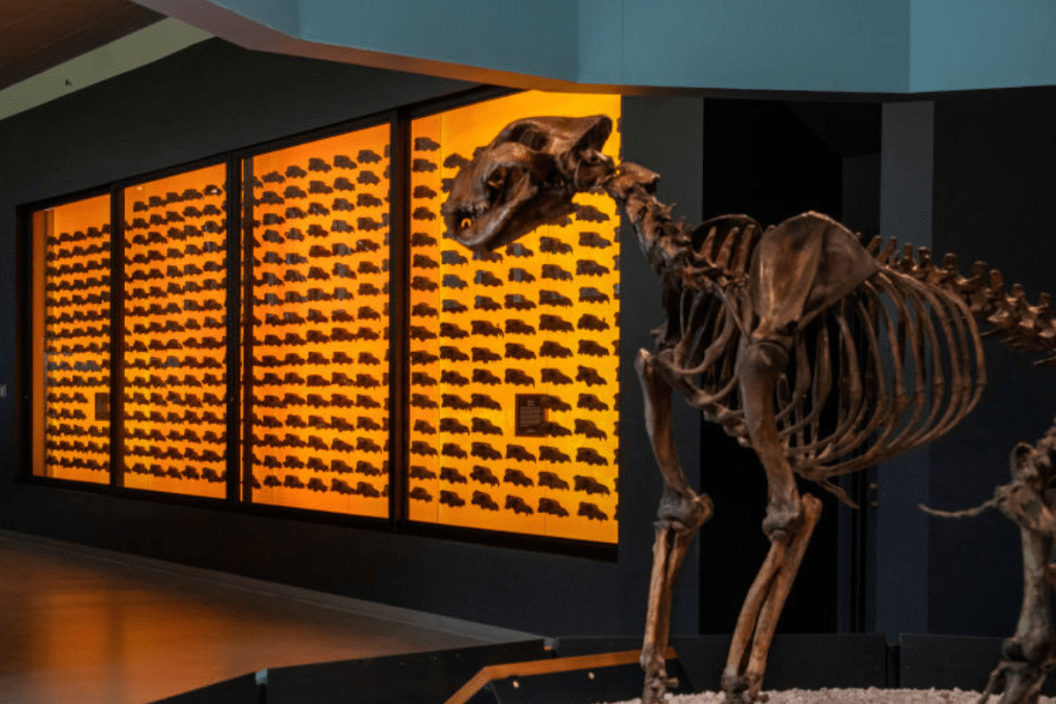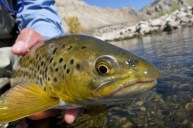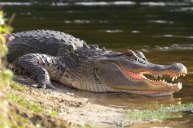Scuba divers have a unique advantage over other adventurers. While most people look for treasures on trails and in rocks, divers such as Josh and Jennifer Dillaman explore the depths of rivers. One river the pair enjoy exploring is South Carolina's Cooper River.
Cooper River isn't for the beginner crowd. Salt and fresh water meet here, making a blackish liquid filled with aquatic wildlife, including alligators. Navigating these waters comes with its rewards, though. The relatively undisturbed riverbeds are filled with prehistoric treasures. Last year, the Dillamans, who own Scott's Scuba Service in Freeport, Pennsylvania, unearthed a mostly intact dire wolf jawbone. If the predator sounds familiar, it's thanks to the ever-popular HBO series "Game of Thrones."
According to the National Park Service, the Canis (Aenocyon) dirus dates back 250,000 years. The massive wolves were around 50% bigger than the wolves we see roaming the United States today. They went extinct around 10,000 years ago, and the first fossil was discovered in 1854 in the Ohio River in Indiana.
A dire wolf jawbone isn't the only prehistoric find the Dillamans have unearthed from the river's waters. Other diving expeditions have led to the discovery of multiple megalodon shark teeth and an Ice Age spear tip from 7,000 B.C. To collect fossils, the pair obtain a permit from the state and visit six to seven times a year. Now, they are offering dive classes to give others the opportunity to experience the underwater world they have come to enjoy.
Jennifer Dillaman told TribLive in an interview, "The darkness is a mental game. You have to get yourself to go down there where you don't see anything. You can't even see the tips of your fins."
In addition to not being able to see 2 feet in front of you, there is a strong current as well as the aquatic wildlife that's in the water around you.
"You have to pay attention to where you are at," Jennifer said. "Alligators are surface predators, so you don't want to stay on the surface. You want to be under the water."
Jennifer said they often find individual teeth in the water, but an entire jawbone is very unusual.
"I saw all these teeth and got very excited," Jennifer said. "You can find single teeth, but finding a jawbone is rare. I made lots of excited noises underwater."




